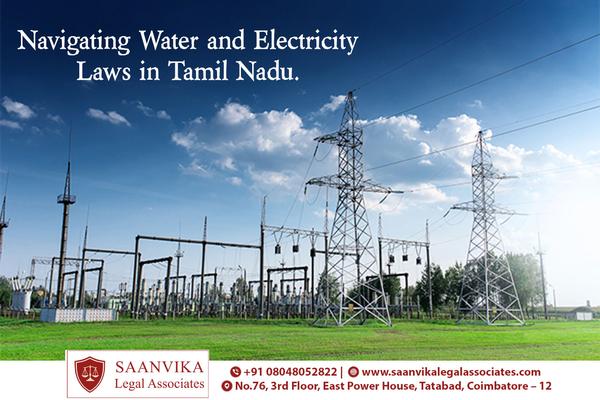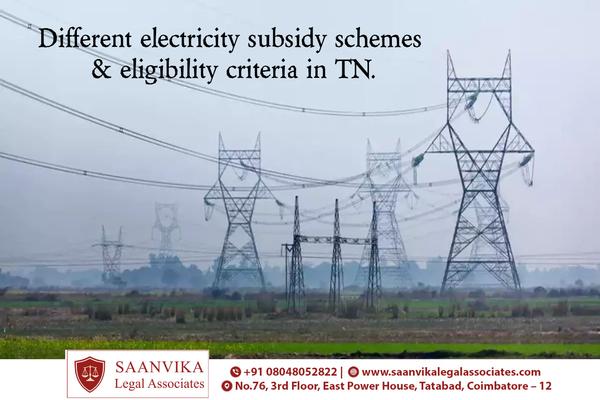
Media laws/ How are Media Laws legally recogniz...

Media laws/ How are Media Laws legally recognized in India/ Who regulates media in India/ What is media law in the Indian Constitution/ Which authority regulates media/ Best law firm in Coimbatore/ Best advocates in Coimbatore/ Best law service in Coimbatore/ Best legal consultation in Coimbatore/ Best legal services in Coimbatore/ Best lawyers in Coimbatore/ Online legal consultation. Media laws in India are legally recognized through a combination of constitutional provisions, statutes, and judicial interpretations. The key components that contribute to media law's legal recognition in India: Statutes: Various statutes govern media laws in India. The primary legislation is the Press Council Act, of 1978, which establishes the Press Council of India to promote and maintain the standards of newspapers and news agencies. Constitution of India: The Constitution of India guarantees freedom of speech and expression under Article 19(1)(a). Cable Television Networks (Regulation) Act, 1995: This act governs cable television networks' operation and regulation in India. Cinematography Act, 1952: This act governs film certification and exhibition in India. Defamation laws: Defamation laws, both civil and criminal, exist in India and apply to the media. Case laws and judicial interpretations: The Indian judiciary plays a crucial role in interpreting and clarifying media laws through various landmark judgments. You can get Saanvika Legal Associates law services like Trust deeds, Financial law, Insurance law, Environment, Consumer, Property, Banking Tax Cyber, Constitutions, Labor law, Civil, Criminal, Family, Property registration, Getting Doc, and many others. Additionally, you can learn about Legal notice, documentation, Legal registration, Property organization, establishing companies, Family legal consultation, Civil legal consultant, Criminal legal consultant, and Litigation for finance property from our expert lawyers.
Keywords
Subscribe for latest offers & updates
We hate spam too.


